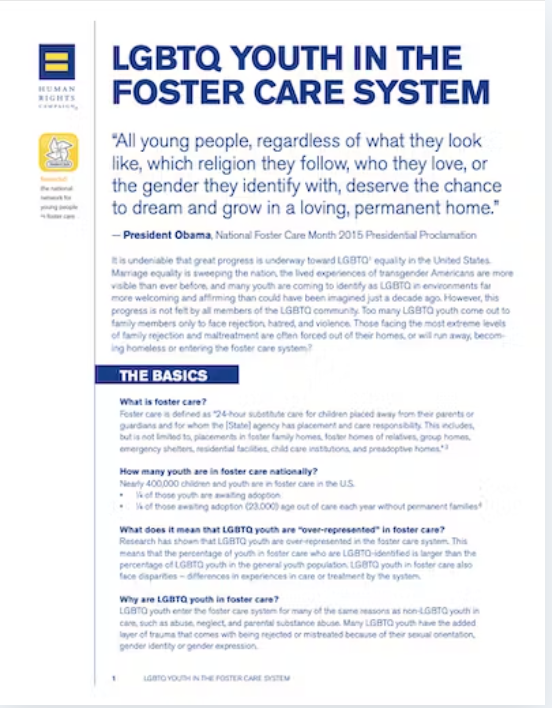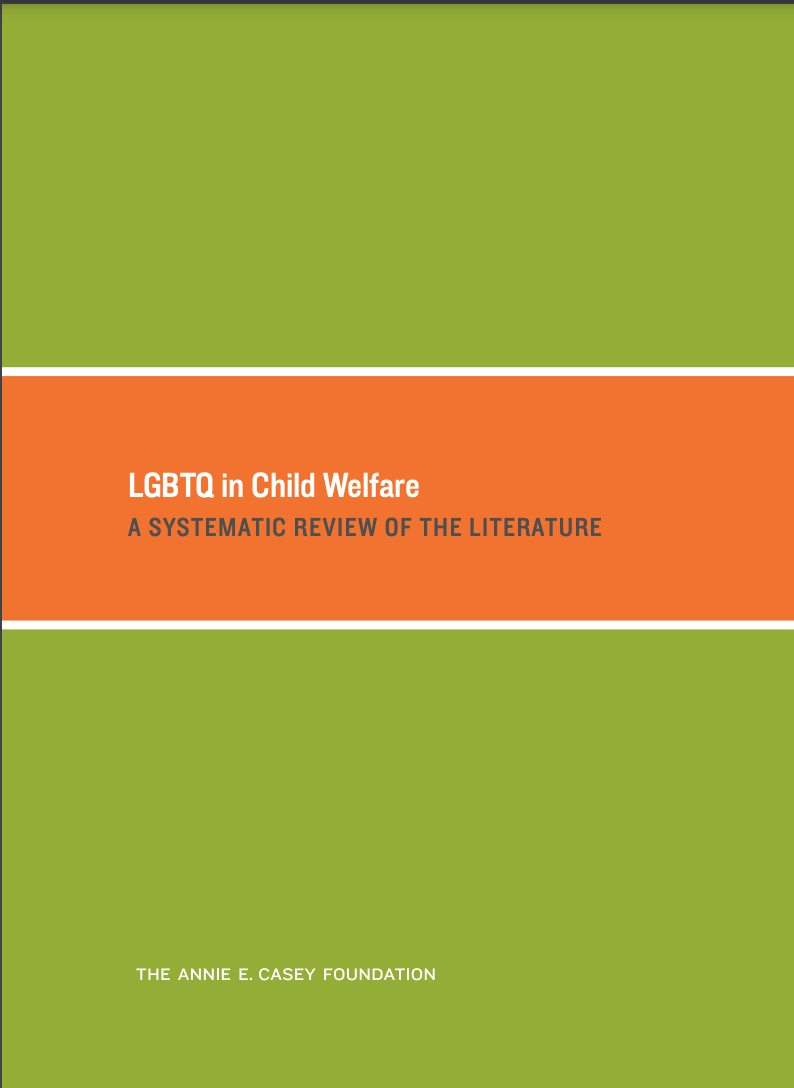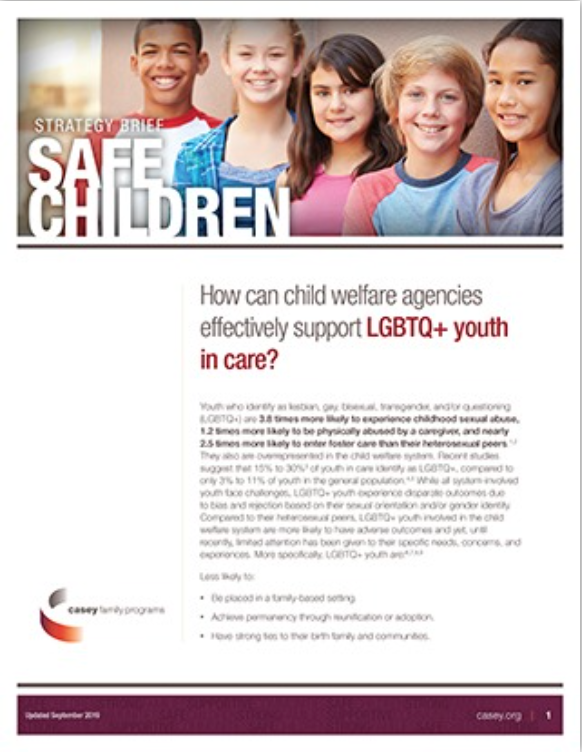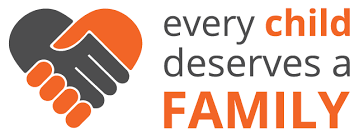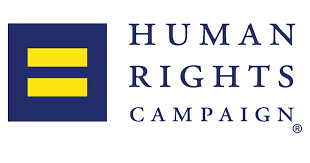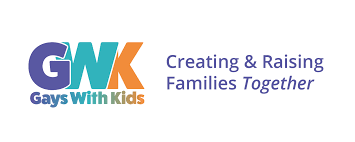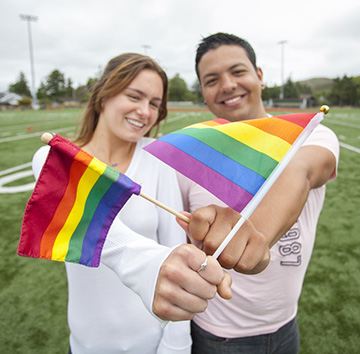
Every youth in foster care deserves equal and equitable care, regardless of their sexual orientation or gender identity.
Why it matters
LGBTQ2S+ youth often encounter discriminatory and inequitable treatment in the foster care system simply due to their sexual orientation or gender identity. Improved policies and practices are not just important, but essential, and are most effective when led by LGBTQ2S+ LEx Leaders who have firsthand experience within the system. These targeted improvements serve to provide queer identifying youth with the specific support and protection they rightfully deserve.
Quick Facts
Over 30% of youth in foster care identify as LGBTQ2S+, compared to 10% of the general population (source)
LGBTQ2S+ youth are twice as likely to report discrimination, and even more likely if they are Black or Brown (source).
In a 2019 FosterClub poll of LGBTQ2S+ youth, only 36% of youth agreed that they had an adult role model who affirmed their LGBTQ2S+ identity.
In the same poll, 75% of youth reported hearing negative messaging about their identities.

“I noticed that a lot of caregivers and staff don’t have a lot of training around handling LGBTQ2S+ youth. I feel like their personal opinions get involved and make it more complicated…”
— Keona, age 22, spent time in the Arizona foster care system
How we're working on this issue
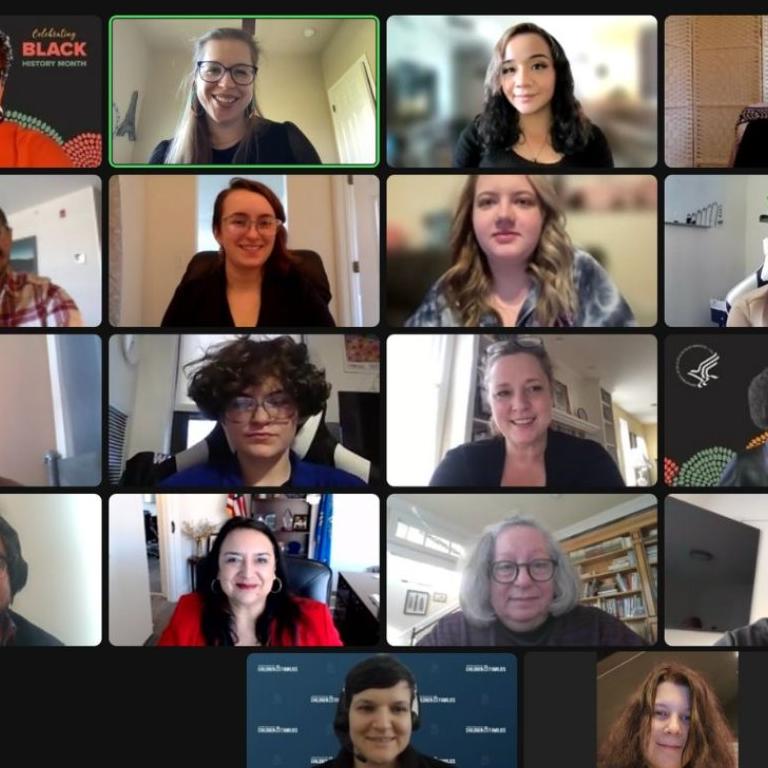
Speaking with Federal Officials About SOGI Data Collection
LGBTQ2S+ FosterClub LEx leaders often meet with federal officials to discuss their experiences related to sexual orientation and gender identity (SOGI) while in foster care. Conversations range from whether youth feel safe disclosing their SOGI, to the impact of coming out during their time in foster care.
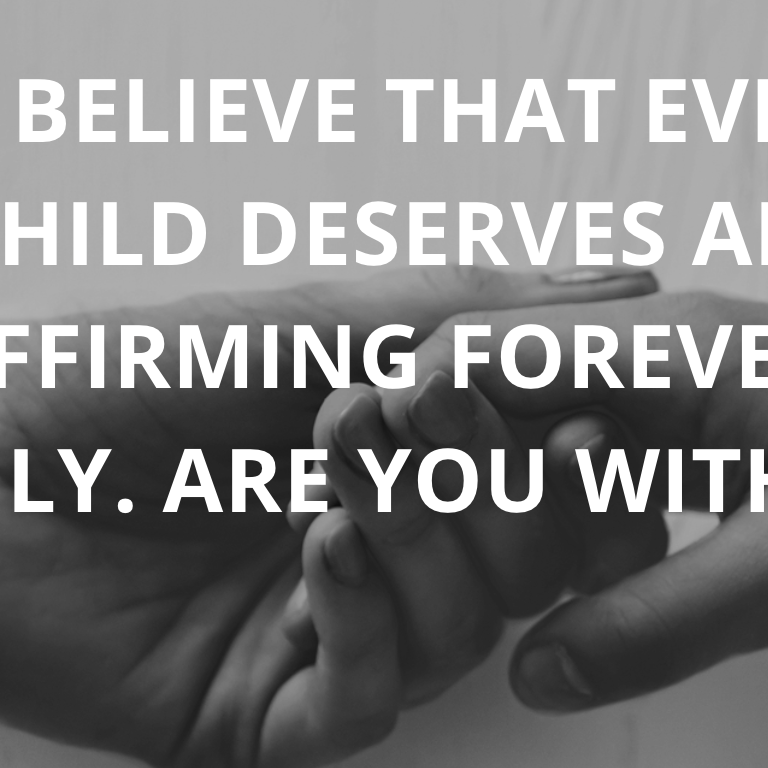
Advocate for Laws to Fight Discrimination by Agencies
LGBTQ2S+ FosterClub LEx Leaders often engage with a coalition of national organizations focused on supporting LGBTQ2S+ youth and families in foster care. For example, upon learning about a new federal rule aimed at preventing discrimination against LGBTQ2S+ individuals by federal agencies, LEx Leaders got together and shared their insights. Their expertise underscored the importance of anti-discrimination protections in ensuring the well-being and success of LGBTQ2S+ youth within the foster care system.
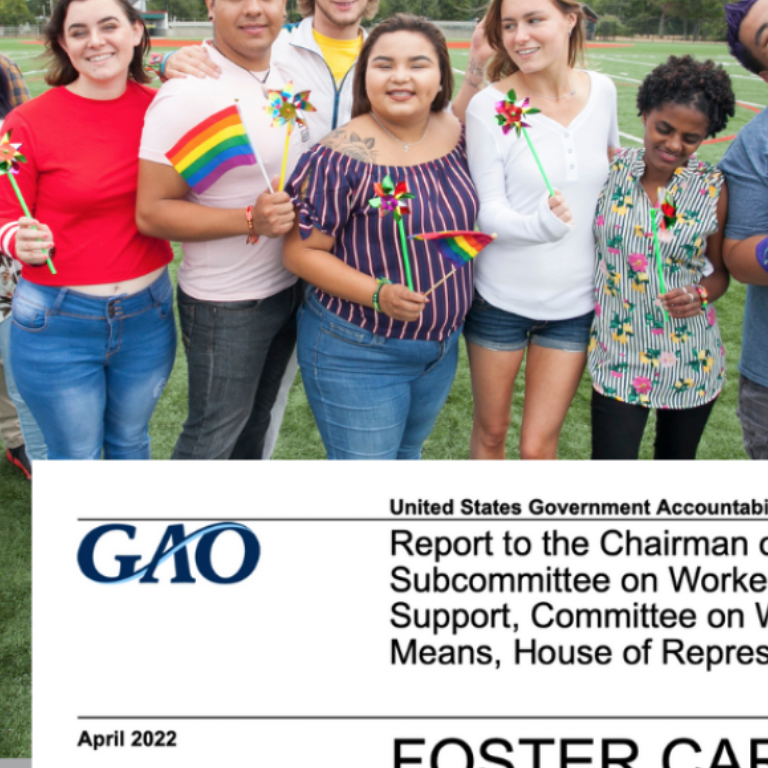
Contributing to Government Reports
LEx leaders collaborated with the Government Accountability Office staff to share their personal experiences in foster care, specifically focusing on LGBTQ2S+ identity and religious experiences. Their input informed a comprehensive report that scrutinized the conditions facing young people in the foster care system. The report offered actionable recommendations for states, suggesting the importance of data collection, the implementation of nondiscrimination policies, and enhanced training for child welfare professionals to better support LGBTQ2S+ youth.
“Stopping youth from the ability to be in a loving family kind of defeats the purpose of why we have a foster care system.”
— Daysha, age 24, spent time in the North Carolina foster care system


